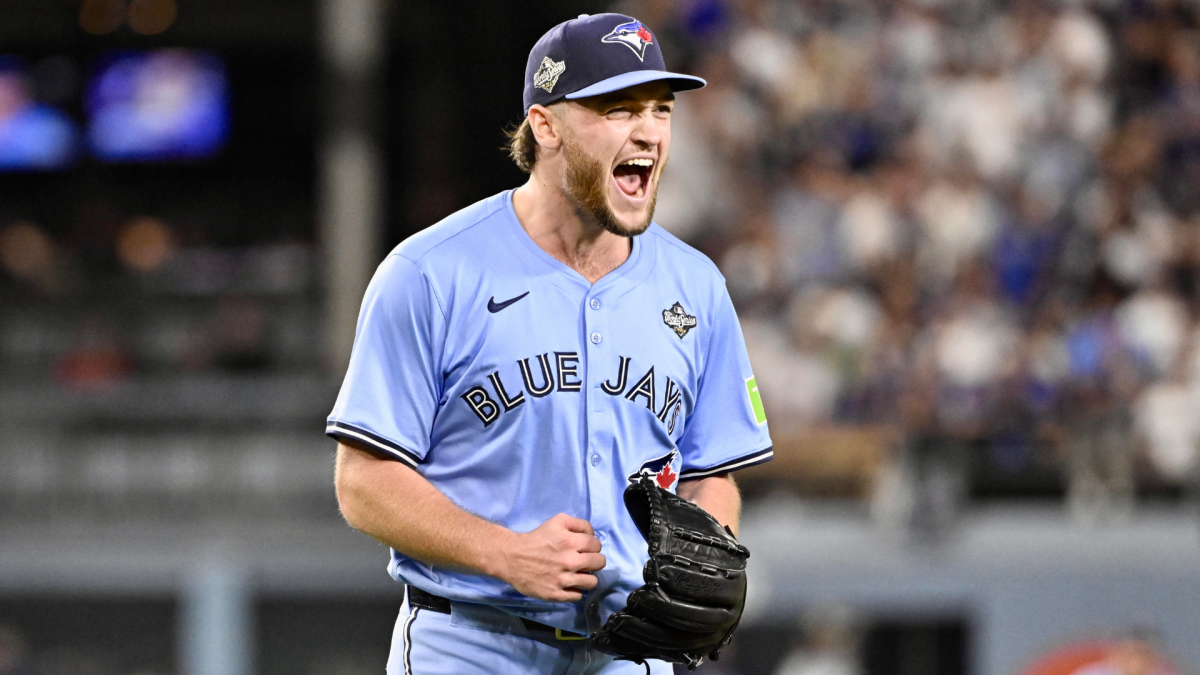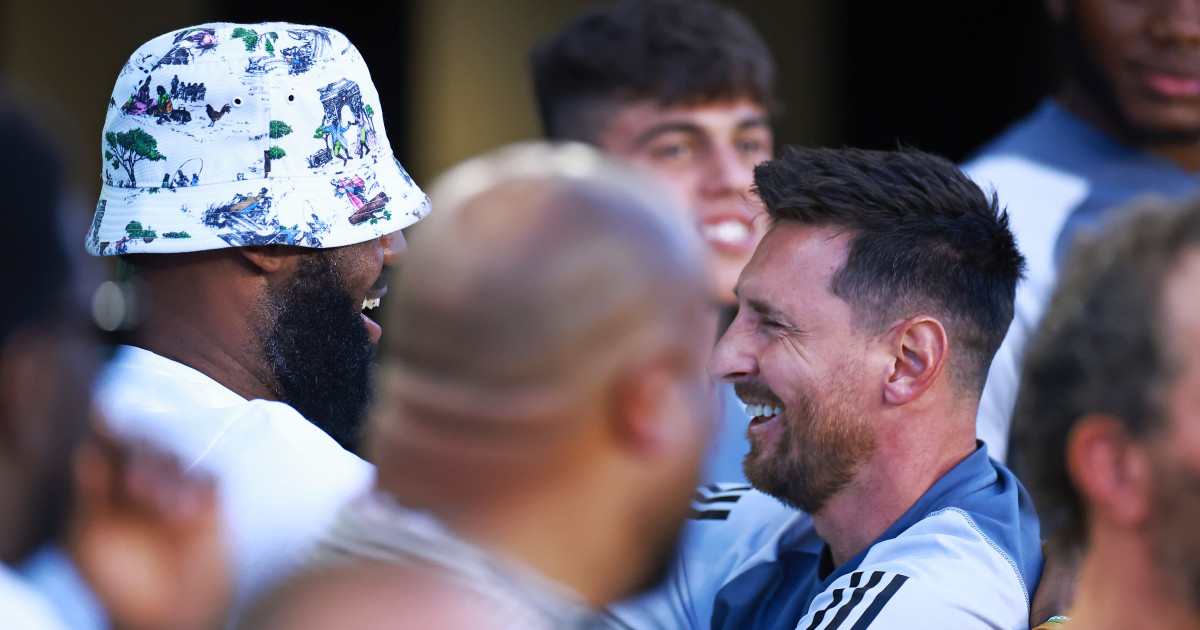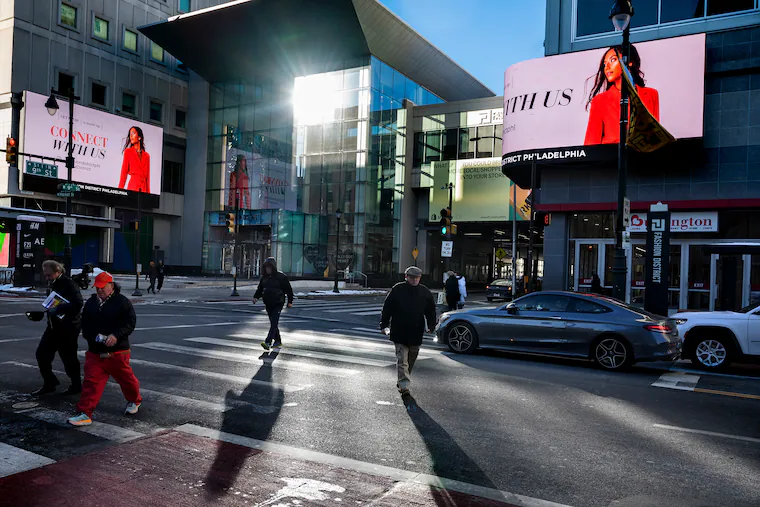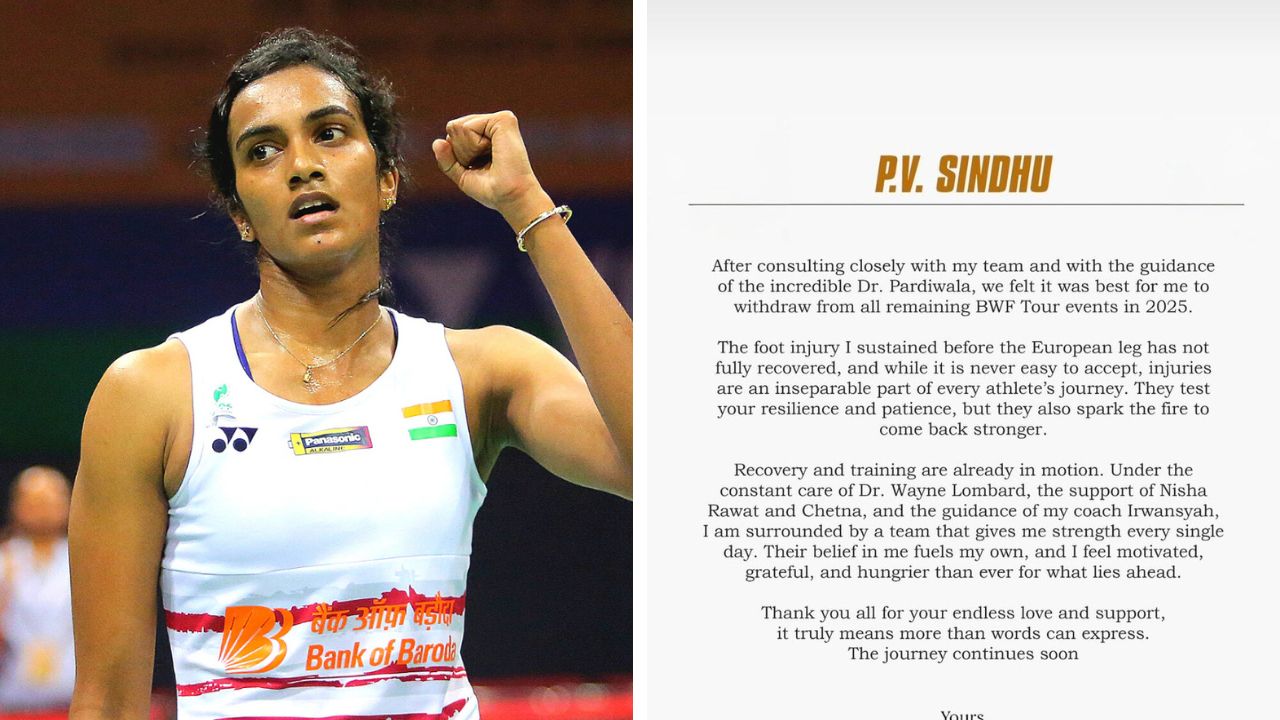Copyright Adweek
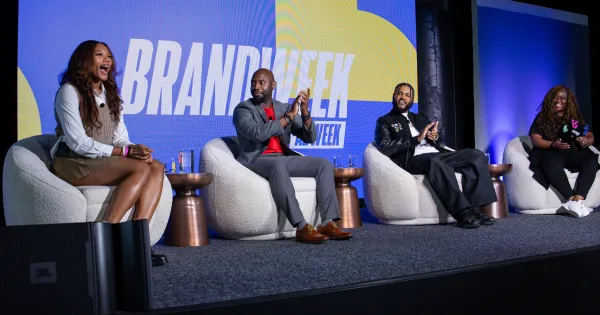
When the Atlanta Dream and Cash App announced they were erasing $10 million in debt for 3,500 families, it wasn’t merely a stunt. Athlete-led partnerships are emerging as a force for cultural change — and brand equity. The initiative, created with the WNBA team and nonprofit ForgiveCo, underscored what panelists at ADWEEK’S Brandweek 2025 called the new playbook for athlete-brand collaborations: one rooted in trust, shared values, and measurable community impact. For the Atlanta Dream, that meant starting close to home by identifying what Atlantans were struggling with. “We found out there was a school lunch deficit [in Atlanta], and started to connect some dots, and [realized] there’s a considerable amount of debt in this city that we can help to combat,” said Shayne Odum, director of partnerships and sales at the Atlanta Dream. “[Cash App] was on the jersey, in the commercials — all of the traditional branding elements were there. But then when you step outside of it and meet us in the community, where people can see it, feel it, touch it, and experience it, then it brings it all together.” That emphasis on cultural alignment echoed across the panel, which featured Odum; Connor Thompson, Reebok’s senior manager of Energy and U.S wholesale, and Atlanta Dream player Nazahrah “Naz” Hillmon. Marketers are increasingly recognizing that athlete deals can’t just trade on fame — they have to reflect shared purpose. As brands like Reebok and Cash App take cues from how athletes show up in their communities, the ROI is shifting from impressions to impact. Instead of chasing visibility, companies are focusing on collaborations that build credibility, where athletes act as community partners and cultural amplifiers, not just spokespeople. “I’m never going to put my name on something that I don’t truly believe in or doesn’t represent me or my brand or my business,” said Hillmon. “When it’s more of a collaboration [with a brand], it feels more long term.” The WNBA and its players also won ADWEEK’s Brand Genius award this year, recognizing their influence on how brands connect with culture. Hard, authentic conversations For Reebok, authenticity starts with investing early in athletes. The company recently signed high school basketball prospect Nate Ament to its first-ever NIL deal for a male basketball player, making him a key figure in the brand’s basketball relaunch alongside the Chicago Sky’s Angel Reese. “We try to put our players in a position where they can be role models. We try to put them in a position at events and through our partnerships where it brings them notoriety. I think we’re still at the beginning of this shift,” said Thompson. Odum highlighted a recent collaboration with electric utility Georgia Power as another example. Though the company has a broad portfolio of partnerships, it was their first time returning to the Dream since 2017. “Instead of just throwing a book at us and saying, ‘This is what we want, this is how we want it to look,’ they came to the table and asked, ‘What do you guys need? How do we align with your audience in a way that tells a story that’s authentic to the Atlanta Dream?’” Odum said. The collaboration included bringing more than 100 girls to Dream games for VIP experiences, giving them the chance to meet players like Hillmon. “You have to be able to have the hard conversation with the brand,” said Odum. “Things have to be tangible for people to understand it, and sometimes you have to step out of your brand strategy to align with the sports property or the athletes so that it makes sense on both sides.” The partnership has already moved into a second phase, reflecting its success. “When you’re integrating athletes and brand partners, you are borrowing cultural equity from that partner,” said Thompson. “It’s important to meet them where they are at.”
